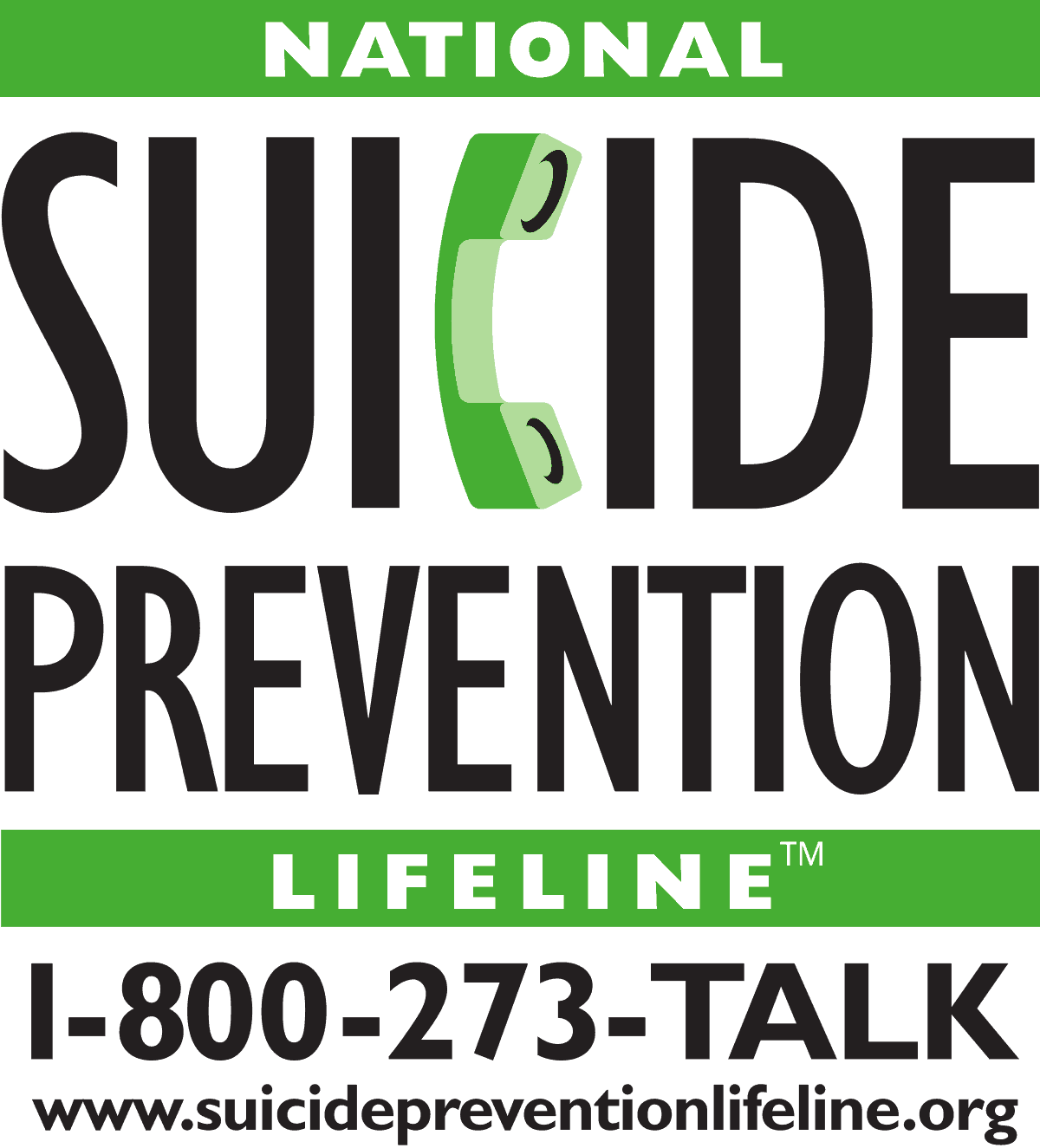As you may already know, all thoughts. emotions and feelings carry with them a certain vibration or energetic frequency.
Positive thoughts can increase your frequency by 10 Hz. On the other hand, negative thoughts decrease your energy by 12 Hz or more. That’s according to Dr. Gary Young, an expert on essential oils and how they can heal the body.
If your “frequency” becomes too low, your body becomes the perfect environment for dis-ease to thrive. And this can manifest in the form of depression, anxiety, irritable bowel syndrome, and candida, just to name a few. Disease simply cannot exist in a body and mind that operates on a higher frequency. That’s because expanded, oxygenated cells stave off disease.
Conversely, deoxygenated, contracted cells feed disease. With such a high rate of illness and disease, it’s important for all of us to raise our energetic frequency. That balance is needed so we can bring our physical, emotional, and spiritual health back into alignment.
Your mind can, in fact, make you sick, and holding in emotions allows the disease to spread because of the lower energies associated with these thoughts and feelings.
So, what are the main negative emotions you should look out for, and how can you release them?
Here are 5 Negative Emotions That Might Be Trapped In Your Body (And How To Release Them)
1. Anxiety
Anxiety occurs when we focus too much on the future, leading us to feel afraid of the unknown, and a sense of foreboding often overtakes those who feel anxious. When you fixate on the future, it manifests as an overwhelming state of worry and pensiveness within the body, and this can cause a slew of diseases, including COPD and heart disease.
Related Article: 7 Ways to Turn Anxiety Into Positive Energy
Remedy: Movement.
Simply moving your body and mind and allowing yourself to flow with the universe can release any built-up tension and allow your soul to heal. You can do some form of exercise you enjoy, such as yoga or biking, or even just walk around your neighborhood with a friend. Many studies found that exercise works as well as anxiety medication at alleviating symptoms and reducing stress.
2. Sadness and emotions that cause depression
Contrary to anxiety, sadness often gets lodged in our cells when we ruminate on the past, whether that includes grief about lost loved ones, sadness about a breakup, or anything else that causes us to feel depressed. Many times, people actually don’t even know they harbor these feelings because they haven’t given themselves a chance to acknowledge them. For example, you may still feel pain about a past breakup but never gave yourself the opportunity to go through the grieving process because of life responsibilities and demands.
Remedy: Smudging.
Smudging is actually an ancient practice used by indigenous cultures in order to cleanse the energy in a room or person. You can opt to perform a whole ceremony, or simply do a quick waft of the area if you think it doesn’t need that much attention. It consists of burning a bundle of sage or other herbs in order to clear out negative energy and invite more uplifting energy into the room or body.
You can read more about how to perform a smudging ceremony here.
3. Anger
Anger can stick to our energetic fields when we hold back our feelings, hold a grudge, or feel resentment toward a person or situation. Wrath can overtake our minds and bodies, disturbing our peace and distorting our view of the world. It can lead us to engage in unnecessary and even violent conflicts with people if these deep-seated feelings of hate and fury are not resolved.
Remedy: Voice your feelings or write them down.
Anger can easily build up if you don’t express how you feel in a calm manner. Once you have calmed down, make sure you talk to the person you had a disagreement with and explain rationally and logically how you feel. Or, if you can’t talk to the person directly, or the feelings aren’t directed toward a person, write them down in a journal. Always make sure to breathe deeply and think about what you say before you speak, though, to ensure that the conversation goes smoothly and conflicts get resolved.
Related article: 5 Ways to Manage Anger
4. Self-loathing
Hatred towards oneself usually results from negative self-talk and neglecting one’s needs. It can also be the product of a difficult or traumatic upbringing, where one didn’t get the attention and love that they needed in order to establish self-esteem. So many of us allow others to define our worth, which means we only see our value through other’s eyes.
Remedy: Positive affirmations.
In order to remove these lodged emotions like of worthlessness, you must counter any negative thoughts with positive ones. So, if you wake up saying that you hate yourself most mornings, start saying “I love myself” instead. Or, you could even say, “I am worthy,” or whatever statement makes you feel good about yourself.
Related Article: How to Transform Your Life with Simple Positive Affirmations
5. Humiliation
This feeling also stems from putting too much value in other people’s opinions of you. Maybe you had an embarrassing experience in years past and allowed the remnants of that situation to stick with you. Humiliation is a loss of pride or dignity that results from trying to live up to society’s expectations. The outcome makes people feel like a failure when they don’t measure up.
Remedy: EFT Tapping.
The Emotional Freedom Technique, or EFT, works to remove negative energy. In it, you practice tapping with the fingers on the meridians or energy pathways in the body. It’s very similar to Chinese acupuncture, just without the use of needles. Studies have shown that EFT can remove psychological stress by getting the blood flowing again within the body. Before EFT, the cells are often clumped together, but after, they move freely and independently once again. Studies have shown significant reductions in cortisol and emotion responses in the brainwaves of those that have undergone EFT.








